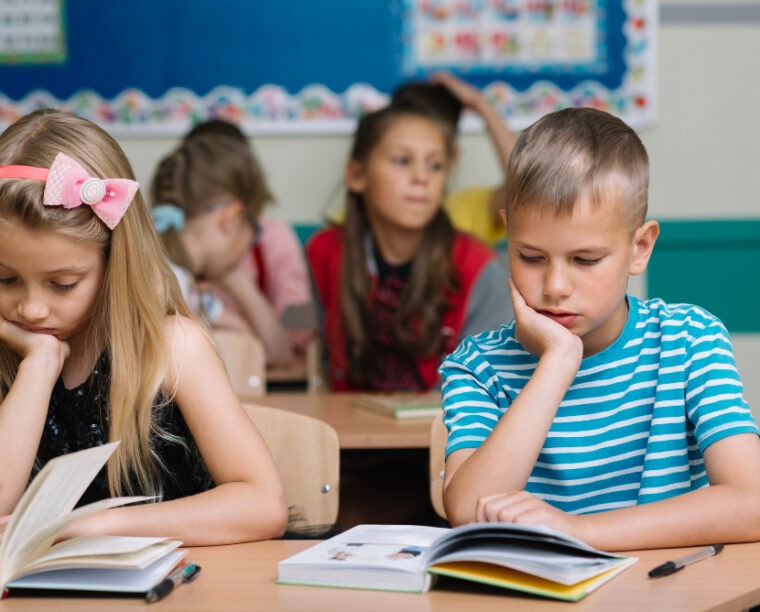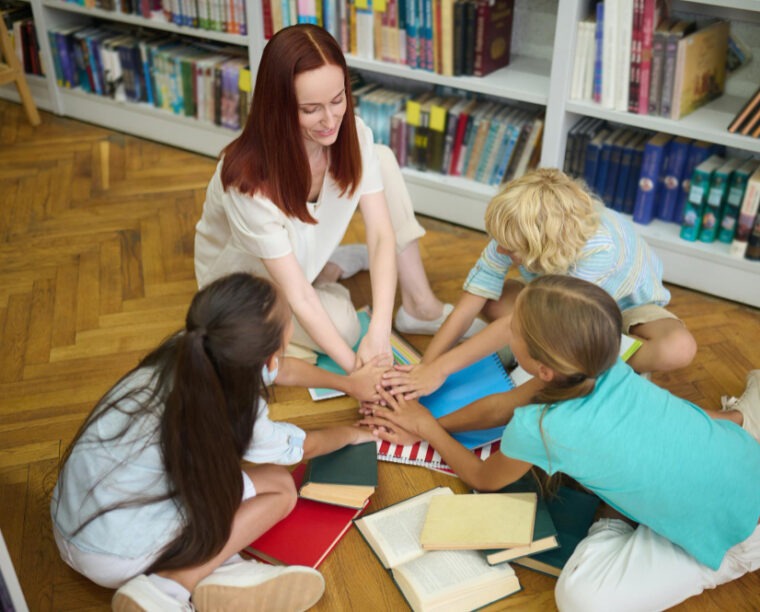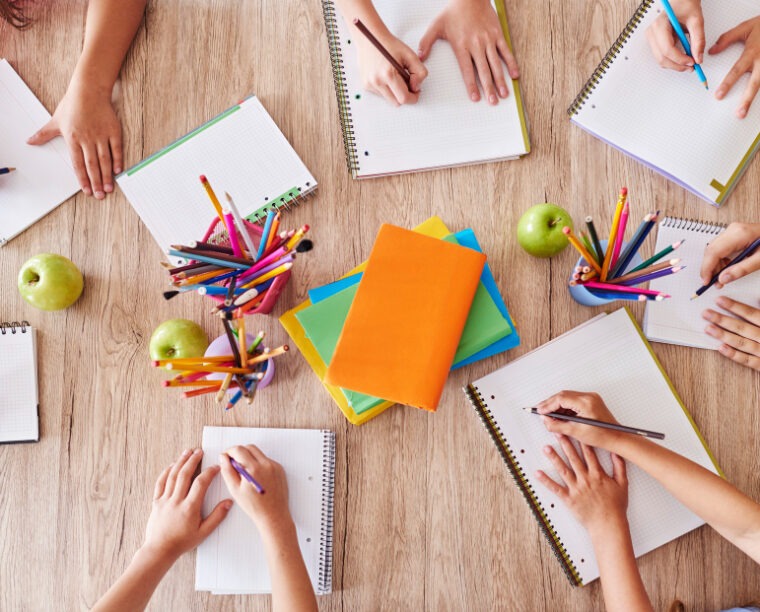
Standardised tests for fourth graders seem like the first serious challenge for many parents in their children’s school journey. However, we at Saulės Gojus do not view tests as a punishment, but as a natural part of the learning process – an opportunity for children to test their knowledge, strengthen their skills, and gain new experience. From the very beginning, children know that these are not competitions, but an opportunity for them to test what they already know and where there is still space for improvement.
Not judgment, but a look at oneself
The most important message we want to get across to both children and their parents is that standardised tests in 4th grade are not a definitive assessment of a child’s knowledge or, even more so, of a child’s “worth.” It is just one of many ways to look at learning progress and achievements. Even a child who is doing very well in school may not excel on the day of the test due to anxiety, feeling unwell, or simply a bad night’s sleep. Therefore, we do not overemphasize the results: the test is a tool for reflection, not proof of value to teachers or parents. The tests not only help children see what they have already learned, but also foster their ability to take on challenges. When students ask why such tests are necessary, the response is simple: life will always present challenges, and we learn every day to face them with courage and confidence in our own powers.
Preparing with a smile and serenity
Before each test, teachers pay special attention to the emotional and psychological preparedness of the children. They do breathing exercises, sit together in a relaxed circle, and review the most important topics. Another sip of water, a brief exchange of feelings of the moment, and off to the test! This small but important ritual helps reduce tension and boost self-confidence, as well as serves as a reminder that it is possible and necessary to know how to manage one’s emotions at any point in life.
What is tested in 4th grade?
Currently, 4th grade students are required to take standardised Lithuanian language and mathematics tests. The tasks are not entirely new to them: they have been working on reading, text comprehension, and reasoning exercises since the first grade, so for most children, this test is just another activity they are familiar with.
Knowledge is not the biggest challenge
Most Saulės Gojus students complete their tests quickly and enthusiastically, which indicates that the tasks are not too difficult for them. The format seems to be more challenging than the content though, as standardised tests are conducted on computers. Since children at Saulės Gojus have information technology lessons from pre-primary and can choose robotics club activities, they definitely have good technological skills. Nevertheless, most feel more comfortable when solving tasks on paper. However, this form of testing provides children with valuable experience: it helps develop their ability to work in a digital environment, fosters flexibility, and teaches them to concentrate even when tasks are presented in an unconventional way.
More than just numbers
Although we do not place much importance on numbers and scores, we are pleased that our educational principles are proving successful. Standardised math tests for fourth graders showed that our students exceed the national average by 2.7%, while standardised Lithuanian tests in 2025 showed that our students performed 6.1% better than the national average. However, good results are not an end in themselves but a further proof that respect for children, emotional security, and consistent education create a solid foundation for academic success. Therefore, the primary classes at Saulės Gojus focus not only on academic achievements, but also on the development of soft skills: emotional literacy, critical thinking, and cooperation. These skills are no less important than knowledge of mathematics or languages.
Relaxed approach to tests
Standardised tests are not a final assessment, but a natural part of the learning process. For students, they are an opportunity to get to know themselves better and learn how to cope with stress, while for teachers, they are a way to understand how well the educational process is going. Thanks to the teacher‘s calmness, confidence, and support, this can be a valuable and formative experience for every child, rather than a source of stress.
 School Saulės Gojus
School Saulės Gojus 

